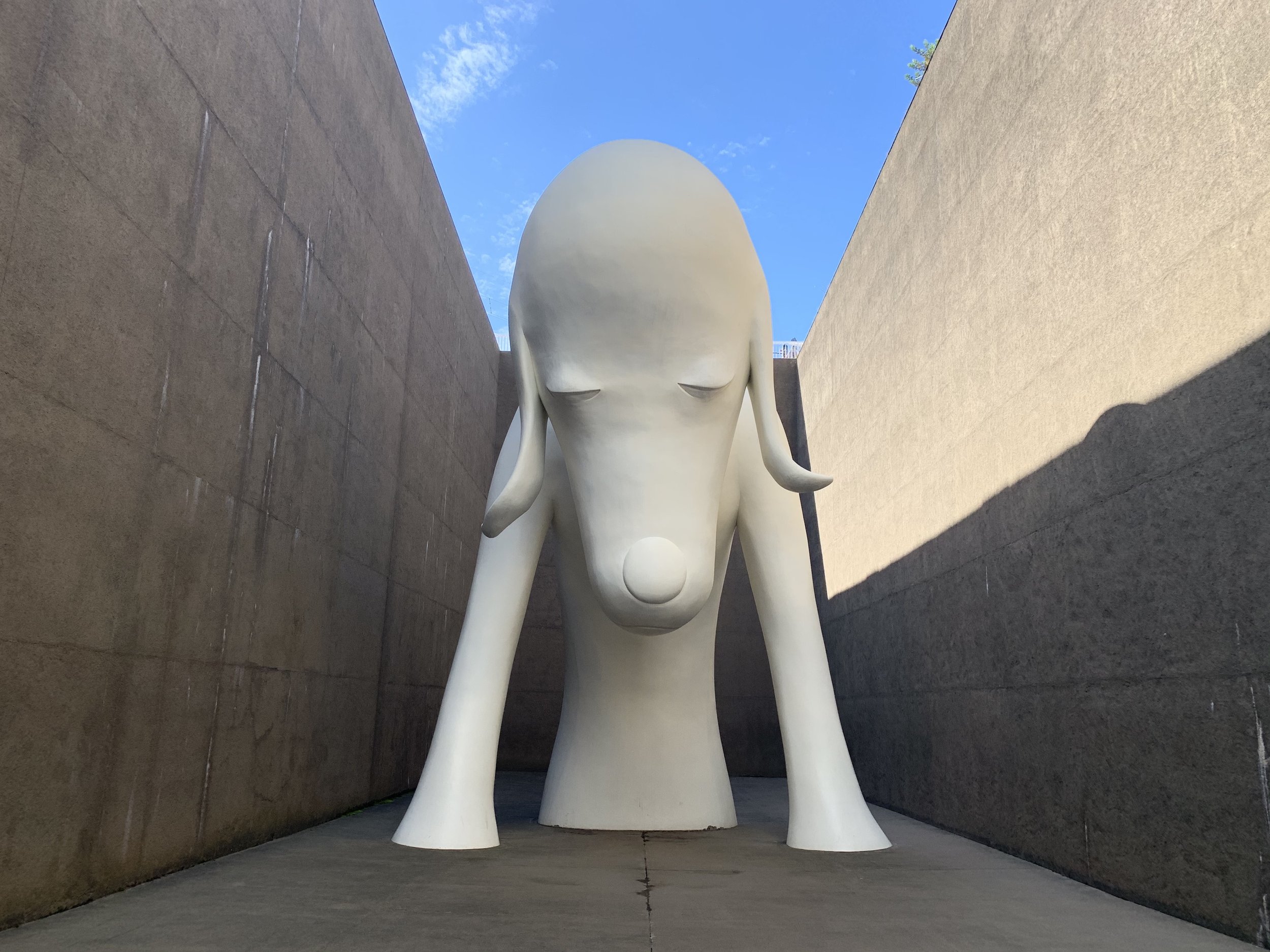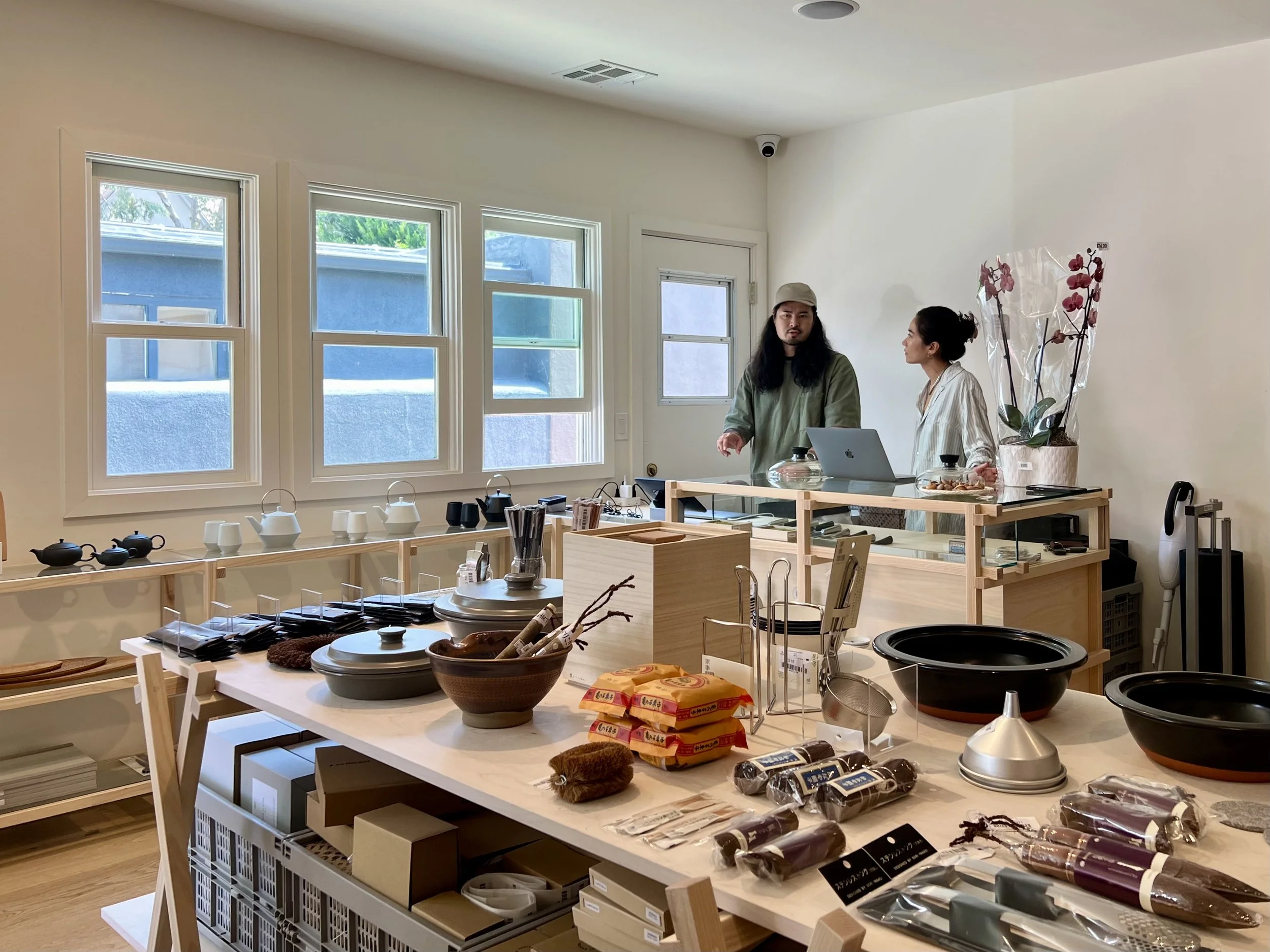Olympic Gold Continues to Glow in Japan
Tokyo Legacy 2020
The 2020 Olympics have left a lasting legacy in Japan. After a year delay, the games took place during the summer of 2021 in Tokyo and around Japan, with extensive planning to ensure the safety and health of the athletes, staff, and volunteers. For everything to run smoothly, the Japanese Olympic Committee left no stone unturned to bounce back from the 12-month postponement of the games. With a steadfast resolve everyone involved in the Olympics committed to making the event safe and successful.
For the first-time, skateboarding was part of the Olympic Games. Competing for Japan, Yuto Horigome took many risks at Ariake Urban Sports Park to roll his way into a score of 38.18 and take home the gold for his country. For Horigome this gold medal was a win for himself and his country, competing at his favorite skate park near where he grew up. Now as a professional skateboarder living in Los Angeles, Horigome will remember the 2020 Olympics for the people he met and the gold medal he earned. “It was a dream come true,” he said at a recent appearance at the Travel Adventure Show in Los Angeles.
Japan hosted the 2020 Paralympic Games alongside the Olympic Games. The results were an inspiring display of harmony and inclusiveness. Jessica Long the Paralympic gold medalist in swimming from the USA explains, “They clearly displayed the Olympic and Paralympic Games logos together throughout the Olympic Village made all of us feel welcome and important.” Long took home six medals and an incredible respect for the people of Japan and the warm hospitality she experienced there. Jessica Long explained that with the regulations competitors were not able to travel with family and friends. The Olympic staff and volunteers went out of their way to make the athlete feel appreciated and celebrated.
Japan’s mission to promote unity and diversity during the Olympic Games continues with ongoing sustainable and inclusive initiatives throughout the country. School children learnedabout sports and sportsmanship for all athletes, including the achievement of athletes with disabilities, including Michishita Misato of Japan, the 2020 gold medalist in Paralympic marathon.
From North to South, the excitement of the Olympics brought and renewed focus of ways to share Japanese culture and food with visitors from around the world, during the games and in the future. New infrastructure was built for the games adding more multilingual signage for transportation, additional WiFi hotspots, and seismic improvements to buildings to rebuild from and withstand earthquakes. Japan has made an intensive and focused effort to rebound from the 2011 Fukushima earthquake (which was tested again with the recent 7.3 earthquake in the same area with much less damage).
With travelers eagerly awaiting the reopening of travel to Japan, the Olympics Games also highlighted the sights and sounds of prefectures around the country. The Olympic flame began its journey in Naraha, Fukushima in the Tohoku region, the area hardest hit by the 2011 quake. With the theme “Recovery and Reconstruction” Japan the entire world they could host the games under the most challenging of circumstances, a worldwide pandemic.Beyond the world of sports, Tokyo 2020 also brought over 100 art related projects to bring hope to the Tohoku region. Three Recovery Monuments with messages by students in Iwate, Miyagi and Fukushima were created at the Tokyo University of Arts to display at the Olympics, then moved to each prefecture. Beyond the sites of Tokyo, Osaka and Kyoto, showing the world the Tohoku region and travel experiences around the country.
When travel reopens, visitors can explore Tohoku’s many natural marvels from walking along the banks of the Oirase River, taking in the majestic views of Lake Towada, and skiing on Mount Hakkoda. Arts and culture in the region share traditional crafts with contemporary architecture and art at the Aomori Museum with exhibitions of international and local artists, including world renowned Yoshitomo Nara, who grew up nearby. Towada City is known for state-of-the-art architecture with a library designed by Tadao Ando, and community center designed by Kengo Kuma, and the Towada Art Center by Ryue Nishizawa with a world-class contemporary art collection and sculpture garden including Yoyoi Kusama’s “Love Forever, Singing in Towada”.
The Olympics became a symbol for Japan’s commitment to being an inclusive country, welcoming all athletes from around the world and soon visitors from all over the globe. Japanese culture was on display for the world with revitalized access for world travelers in to share improved transportation to access arts, culture, recreation, and culinary experiences around Japan. The focus on Tohoku leading up to the Olympic has helped the region be ready for visitors when tourism reopens. Increased security and improved transportation were put in place for the Olympic Games and going forward for all locals and visitors. The Olympic inspired and renewed interest in sports and focusing on health. Japan developed alternative energy and recycle systems to increase sustainable practices throughout the country.
Japanese athletes won 27 gold Olympic medals and 13 gold Paralympic medals for their country. Everyone who participated felt they had earned their place in sports history with competitors who overcame challenges to earn their place on the Olympic and Paralympic teams. Just as Horigome takes flight around a skatepark, flying through the air with gravity defying tricks, so too did Japan plan their course with steadfast focus to deliver a winning event and lift the spirits of people around the world.






